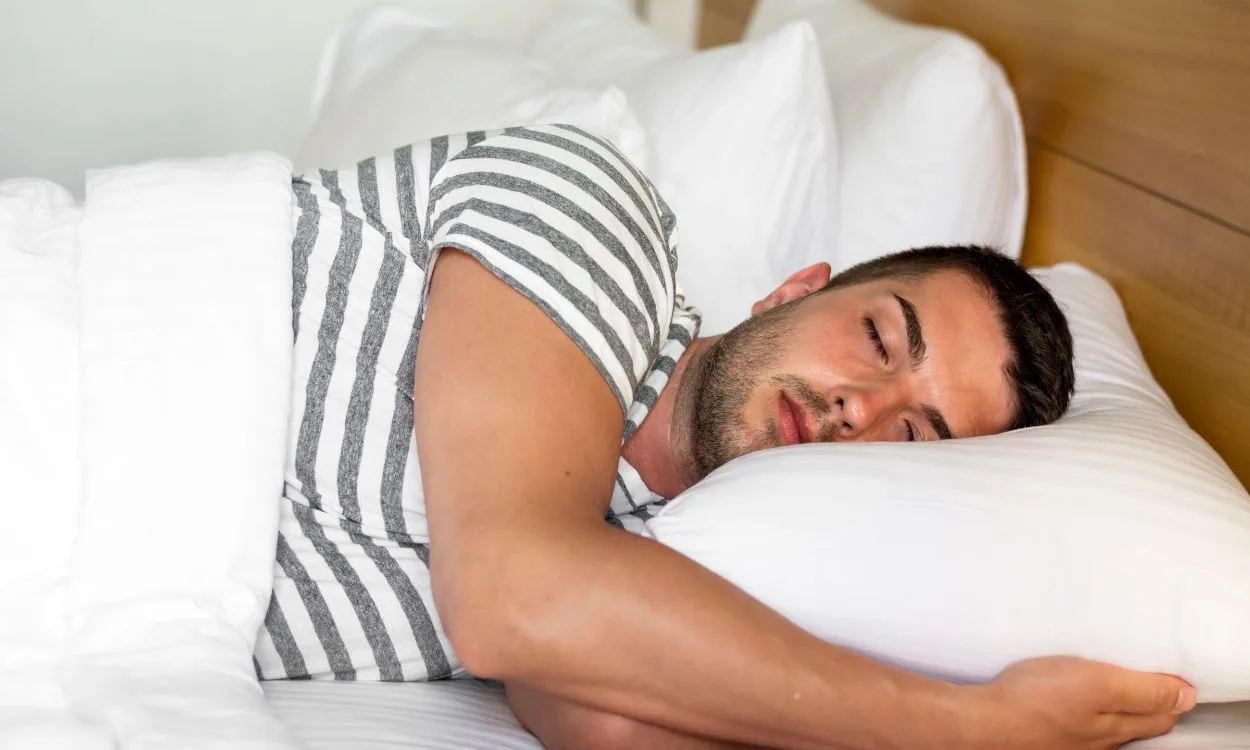How Much Sleep Do Adults Need?
Sleep plays a crucial role in our overall health and well-being. It is not just about resting and recharging our bodies, but it also affects our mental and physical performance, immune function, and overall quality of life. While the amount of sleep required can vary from person to person, there are general guidelines that can help us determine how much sleep adults need on average.
Understanding Sleep Needs
Before diving into the recommended sleep durations, it’s important to understand the different stages of sleep. Sleep consists of two main types: rapid eye movement (REM) sleep and non-rapid eye movement (NREM) sleep. NREM sleep is further divided into three stages, with each stage characterized by different brain wave patterns.
The National Sleep Foundation suggests the following sleep durations for adults:
- Young Adults (18-25 years old): 7-9 hours of sleep per night.
- Adults (26-64 years old): 7-9 hours of sleep per night.
- Older Adults (65+ years old): 7-8 hours of sleep per night.
Factors Influencing Sleep Needs
While the recommended sleep durations provide a general guideline, individual sleep needs can vary based on several factors:
- Age: As we age, our sleep patterns may change. Older adults tend to have more fragmented sleep and may require slightly less sleep than younger adults.
- Health Condition: Certain medical conditions, such as sleep disorders, chronic pain, and mental health disorders, can disrupt sleep and impact the amount of sleep needed.
- Lifestyle and Activity Level: Physical activity, stress levels, and work demands can affect the amount of sleep required. Athletes or individuals with physically demanding jobs may require more sleep for recovery.
- Genetics: Variations in our genes can influence our sleep needs. Some individuals are genetically predisposed to needing more or less sleep than the average.
Signs of Adequate Sleep
It’s not just about the number of hours you spend in bed; the quality of your sleep also matters. Signs that indicate you are getting enough sleep include:
- Feeling rested and alert during the day: If you wake up feeling refreshed and maintain good energy levels throughout the day, it’s a sign that you are getting enough sleep.
- Maintaining a consistent sleep schedule: Having a regular sleep routine helps regulate your body’s internal clock and ensures you get adequate rest.
- Not relying on caffeine or napping excessively: If you find yourself relying on caffeine or taking frequent naps to stay awake, it may be a sign that you are not getting enough sleep at night.
- Having a good mood and mental clarity: Sufficient sleep contributes to better mood regulation, increased focus, and improved cognitive function.
Importance of Healthy Sleep Habits
In addition to getting the recommended amount of sleep, it is important to establish healthy sleep habits to optimize the quality of your rest. Here are some tips to improve your sleep:
- Stick to a consistent sleep schedule: Go to bed and wake up at the same time every day, even on weekends.
- Create a conducive sleep environment: Make sure your bedroom is dark, quiet, and at a comfortable temperature.
- Limit exposure to electronic devices before bed: The blue light emitted by screens can interfere with your body’s natural sleep-wake cycle. Avoid using electronic devices at least an hour before bedtime.
- Practice relaxation techniques: Engage in activities that promote relaxation, such as reading, taking a warm bath, or practicing deep breathing exercises before bed.
- Avoid stimulants: Limit your intake of caffeine, nicotine, and alcohol, as they can disrupt your sleep.
Introducing Fitpaa: Your Companion for Better Sleep and Overall Well-being
While understanding and implementing healthy sleep habits is essential, sometimes we need additional support to achieve our sleep goals. Fitpaa is a comprehensive health and fitness app that can help you improve your sleep patterns, along with other aspects of your well-being.
With Fitpaa, you can:
- Track your sleep: Monitor your sleep duration and quality to gain insights into your sleep patterns and identify areas for improvement.
- Access expert guidance: Get personalized recommendations from nutritionists, fitness coaches, and doctors to optimize your sleep and overall health.
- Learn relaxation techniques: Fitpaa offers a range of guided meditations and relaxation exercises to help you unwind and prepare for a restful sleep.
- Establish a sleep routine: Use Fitpaa’s sleep tracking features and reminders to establish a consistent sleep schedule and create a conducive sleep environment.
- Track progress: Monitor your sleep progress over time and celebrate milestones as you make positive changes to your sleep habits.
By incorporating Fitpaa into your daily routine, you can take proactive steps towards achieving better sleep, overall health, and well-being.
Download the Fitpaa app now and embark on a journey towards a healthier, more fulfilling life!









